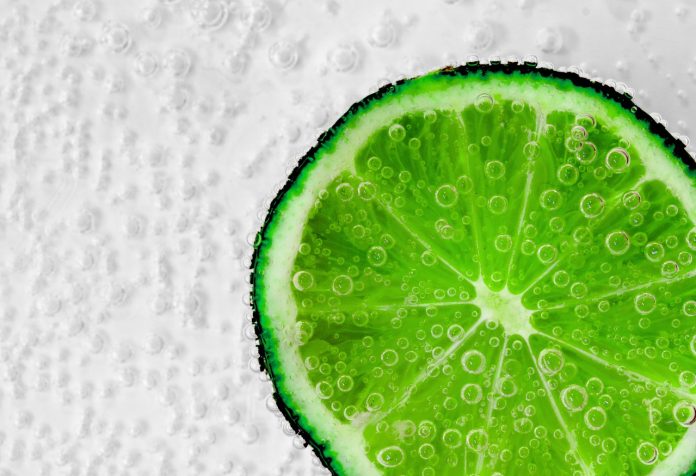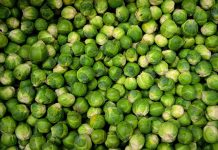
Rather than diagnosing yourself, I would recommend you see your dentist then your physician. Sores in the mouth could be something else like an abscessed tooth or gum infection or even a yeast or bacterial infection. For some people, an upset stomach or stomach ulcers could be the cause.
If you do have canker sores, you may be deficient in iron, vitamin c, vitamin B12 or zinc. You state that you have taken vitamin C and zinc supplements, but not the dosage which could be the difference. Also, if you don’t eat an adequate amount of these nutrients daily from food, you may develop a nutritional deficiency which is temporarily cured by the supplement until you become deficient again. Try a supplement with 100% of the RDA (Recommended Dietary Allowance) for just these nutrients (iron RDA 19 to 70-year-old males and females 51+ years is 8 milligrams and 19 to 50-year-old females is 18 milligrams, Vitamin B 12 RDA males and females 2.4 micrograms and zinc RDA males 11 milligrams and females 8 milligrams) plus 500 milligrams Vitamin C for 3 days which should resolve any deficiency short term. Read my nutrition topics for food sources of these nutrients and long-term improved intake of these nutrients. You could make an appointment to see a registered dietitian who could do a nutritional analysis of your food intake, make specific recommendations for nutritional deficiencies and also include your food preferences.
Canker sores in the mouth are caused by a herpes simplex virus that lays dormant for varying lengths of time. Factors such as stress (fever, infection, etc), dental problem, sunburn, food allergies, anxiety, menses, or a lower immune system can increase the frequency of canker sores. Biting your lip or jabbing yourself with a toothbrush can also cause a canker sore outbreak in your mouth. It can spread if you touch your tongue to the canker sore and them elsewhere in your mouth. Unfortunately, it can be transmitted from person to person by kissing. There is no cure for herpes simplex.
While you have sores in your mouth, I would NOT recommend some foods that irritate canker sores like hot or spicy foods (Mexican or Indian foods) or acidic foods like citrus fruits (lime, lemon, grapefruit, orange, etc) or tomatoes. Milk will coat your stomach and may coat your mouth until you eat or drink something else, but will not necessarily make canker sores feel better.
You can rinse your mouth with a baking soda rinse (1/2 tsp of baking soda in 1 cup of water) every few hours. Another trick I learned from a dental hygienist is a mix of equal parts liquid Benadryl and Maalox. Use the liquid Benadryl that is intended to be taken internally even though you should spit it out. Swish this mixture in your mouth and spit out. The Benadryl will numb the pain and the Maalox will coat your mouth, keeping the Benadryl on the surface of the inside of your mouth until you eat or drink. Remember that Benadryl can cause drowsiness, so make sure you don’t swallow the Benadryl especially if you are swishing your mouth with more than a single dose of Benadryl. Limit the frequency of these topical applications during the day to every 3 – 4 hours. It won’t cure canker sores, but at least they won’t hurt as much.


